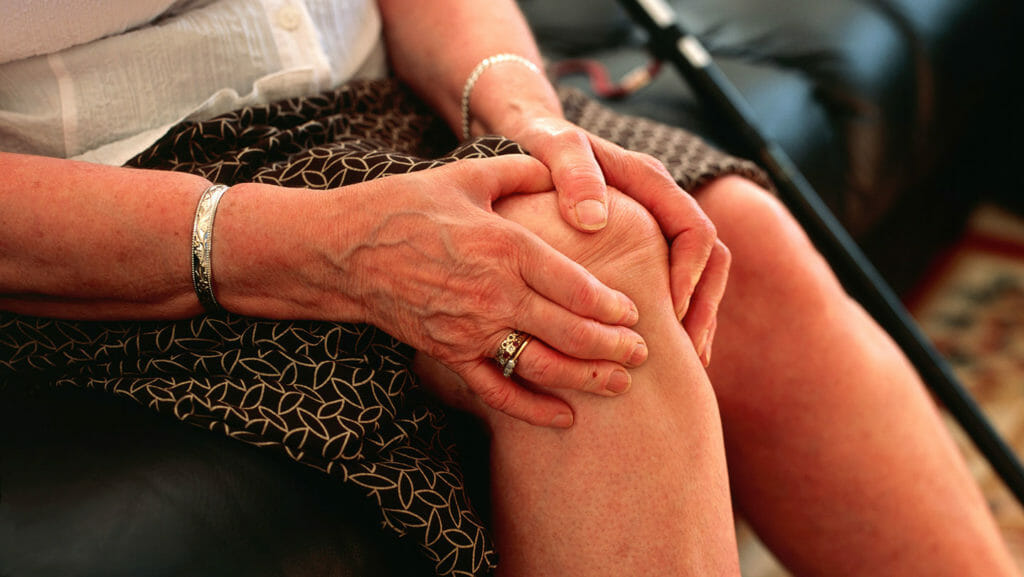
When older adults experience pain and depression, cognitive impairment and other factors may too often prevent them from conveying those issues to their doctors and caregivers.
Providing caregivers and clinicians with better observational tools and measures may make it easier to detect signs of pain, anxiety and depression in older patients, according to a new study from the Regenstrief Institute and the Indiana University School of Medicine.
“Unlike blood pressure and blood sugar, symptoms like pain, depression or anxiety can’t be objectively measured,” study lead Kurt Kroenke, MD, said in a news release. The research was published in the Journal of Patient-Reported Outcomes.
“Our group is very interested in symptoms — signs you can’t measure with an X-ray or a lab test,” Kroenke said. “The only way to determine severity is with validated scales and if patients can’t report for themselves, then the proxy’s report is an important tool available to the clinician treating the patient.”
Researchers found that older patients and their proxies — typically spouses, children or other caregivers — don’t always agree on what to tell physicians about a patient’s symptoms and quality of life. In fact, patients and caregivers only agreed on the severity of symptoms of pain, depression and anxiety about 50% to 60% of the time.
Despite these differences in perceptions, complementary observations from proxy members and other observational measures can help better inform treatment decisions surrounding these issues, the authors found.




